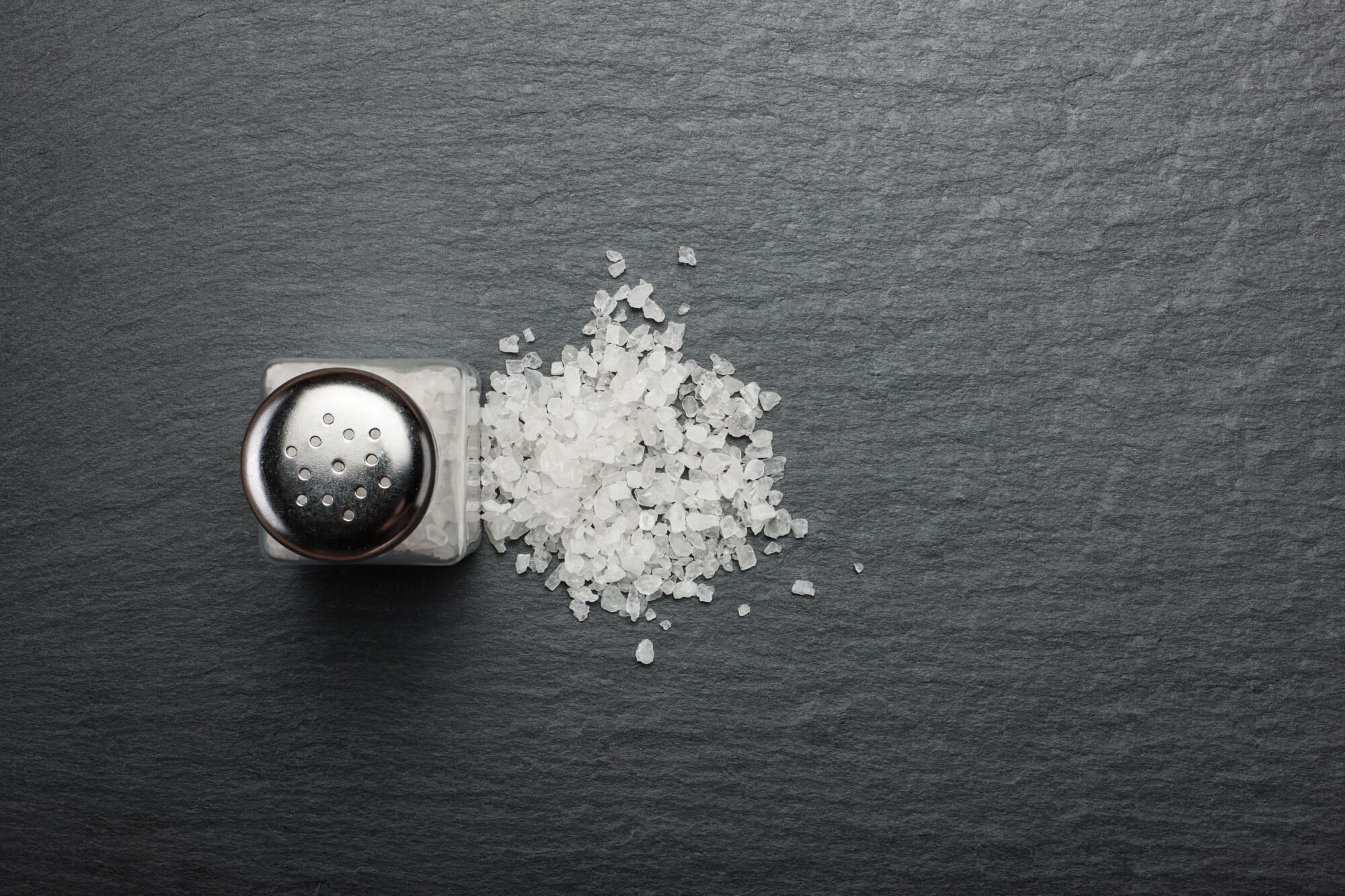How salt affects your health and how to avoid salt allergies


Eva Zakharova
A salt allergy is a rare condition that can nevertheless lead to serious illness and complications. In this article, an experienced allergist will tell you about the features of salt allergies, their causes, symptoms, diagnosis, treatment and prevention.
What is an allergy to salt?
An allergy to salt is an abnormal reaction of the body's immune system to salt, which manifests itself in the form of various symptoms. Although such allergies are very rare, they can cause serious health problems.
Causes of salt allergy
Salt allergies can be caused by the body's hypersensitivity to some components of salt, such as iodine or other additives. Allergic reactions may also develop due to genetic predisposition or disorders of the immune system.
Salt allergy symptoms

Symptoms of salt allergies can be varied, including:
- Itching and redness of the skin;
- Swelling, especially of the face;
- runny nose, stuffy nose;
- cough, difficulty breathing;
- Nausea, vomiting, diarrhea;
- headache and dizziness.
Diagnosis of salt allergy
To diagnose a salt allergy, the doctor performs a detailed examination of the patient, collects a medical history and prescribes specific tests, such as skin tests or blood tests for class E immunoglobulins.
Salt allergy treatment

Avoiding contact with salt completely is almost impossible, since it is present in almost all foods. It is however possible to reduce the salt intake by preferring natural products without added salt or by using salts which are low in iodine and other allergenic additives.
Medications to treat salt allergies
Treatment of salt allergies may include the use of the following medications:
Antihistamines such as setirizine, loratadine or desloratadine to help with itching, swelling and other allergy symptoms;
Corticosteroid ointments or creams used topically on the skin to relieve inflammation and itching;
Nasal vasoconstrictors if you have a runny or stuffy nose.
Home remedies to relieve salt allergy symptoms
The following home remedies can be used to relieve salt allergy symptoms:
- Cooling compresses or ice warmers to help relieve swelling and itching;
- Soda solutions to gargle the mouth or apply to the skin to reduce irritation;
- decoctions of herbs, such as calendula or chamomile, to use on the skin or as compresses.
Diet for salt allergy

In salt allergy it is important to follow a diet with as little salt as possible. Try to choose natural products, fresh vegetables, fruits and meat. Use spices and herbs to flavor food instead of salt.
What should be omitted from your diet in salt allergy?
High salt content foods, such as sausages, salted nuts, chips, pickles, marinades and tinned food should be avoided in allergy diets. You should also avoid the use of cooking salt in food preparation.
Salt allergy is a rare but serious condition that requires a careful approach to diagnosis, treatment, and prevention. If you or a loved one has symptoms of a salt allergy, be sure to see an allergist who can help you make an accurate diagnosis and prescribe adequate treatment. Following a low-salt diet, using alternative cooking methods and strengthening your immune system can help reduce your risk of developing salt allergies and keep your body healthy.
New materials
Popular Articles
We recommend reading
Contact us in the Contact Us section to ask questions, offer ideas, or for more information about our allergy resource.
Our articles are your trusted source of allergy knowledge. Learn how to make life with allergic reactions easier on our specialized portal.
©
Lechenie-Allergii.com. All rights reserved.
© Lechenie-Allergii.com. All rights reserved.
The information on this site is for informational purposes only and is not a substitute for professional medical advice. We recommend consulting with qualified medical professionals for accurate information and advice.
 English
English  Українська
Українська  Русский
Русский 









